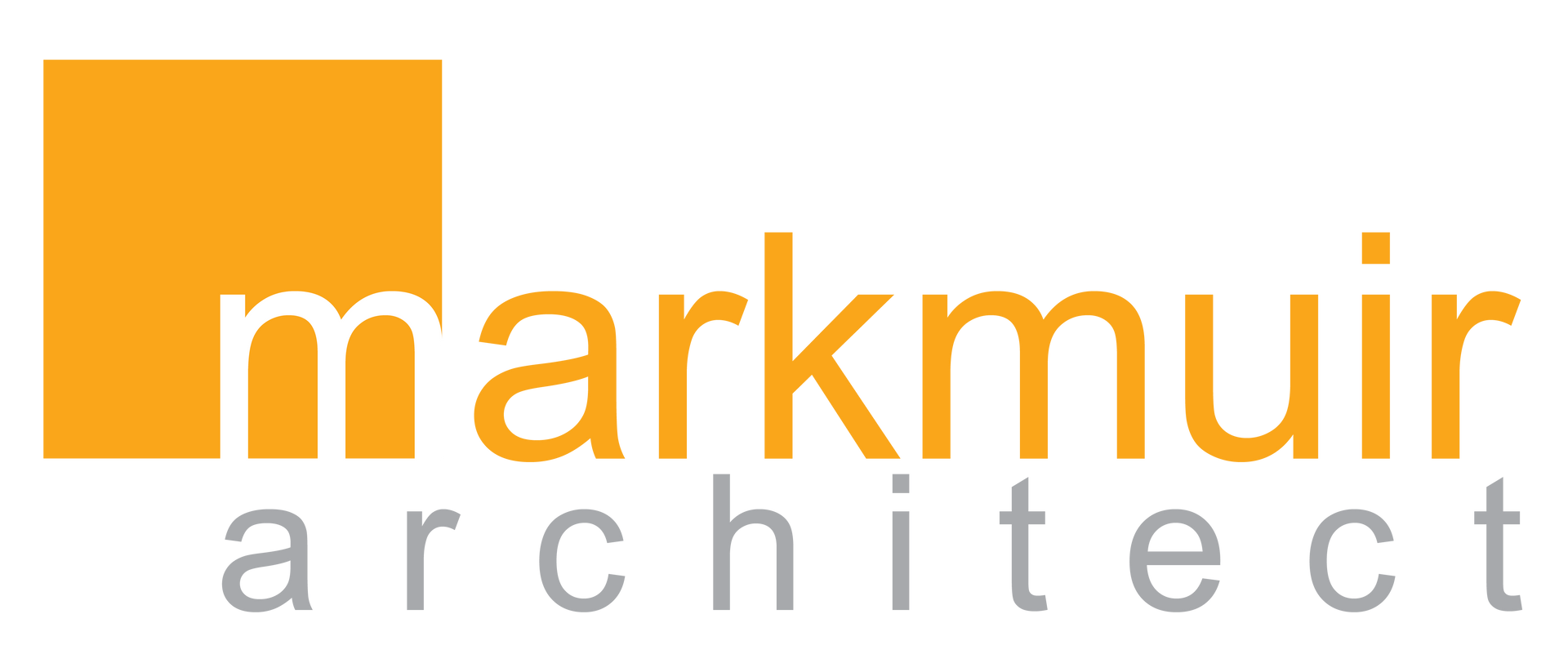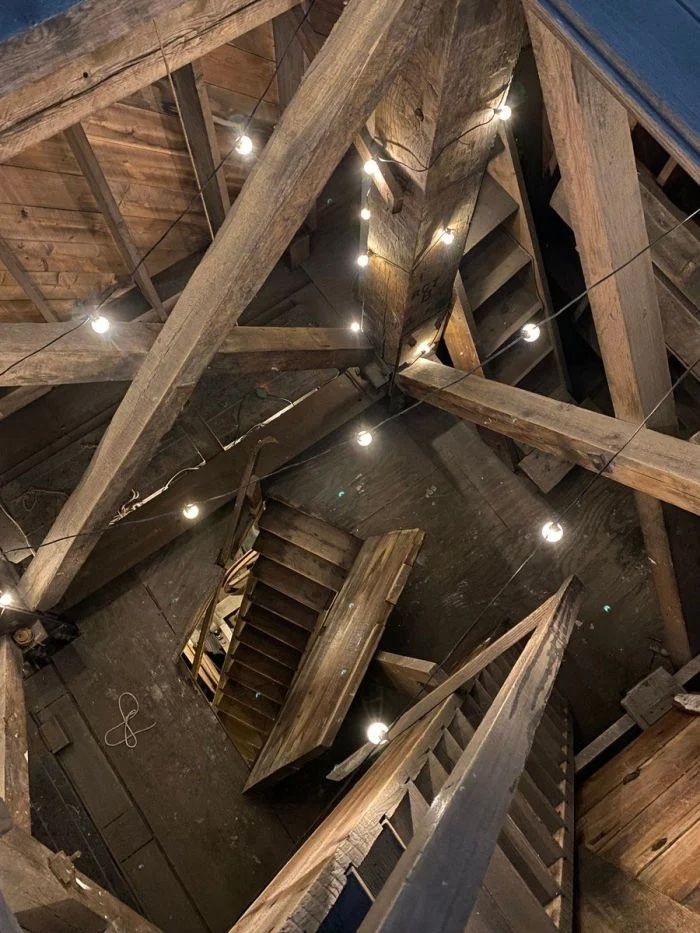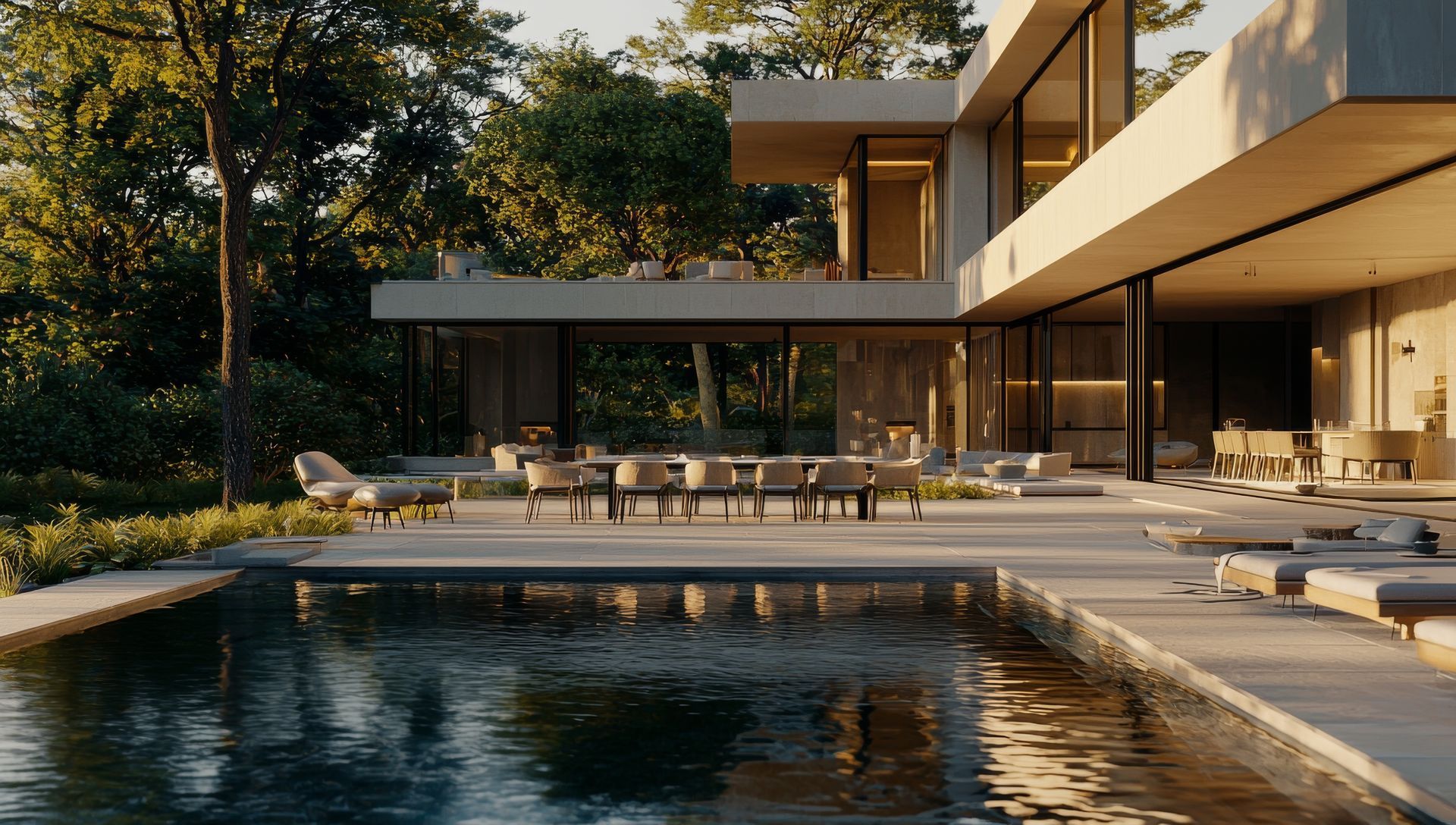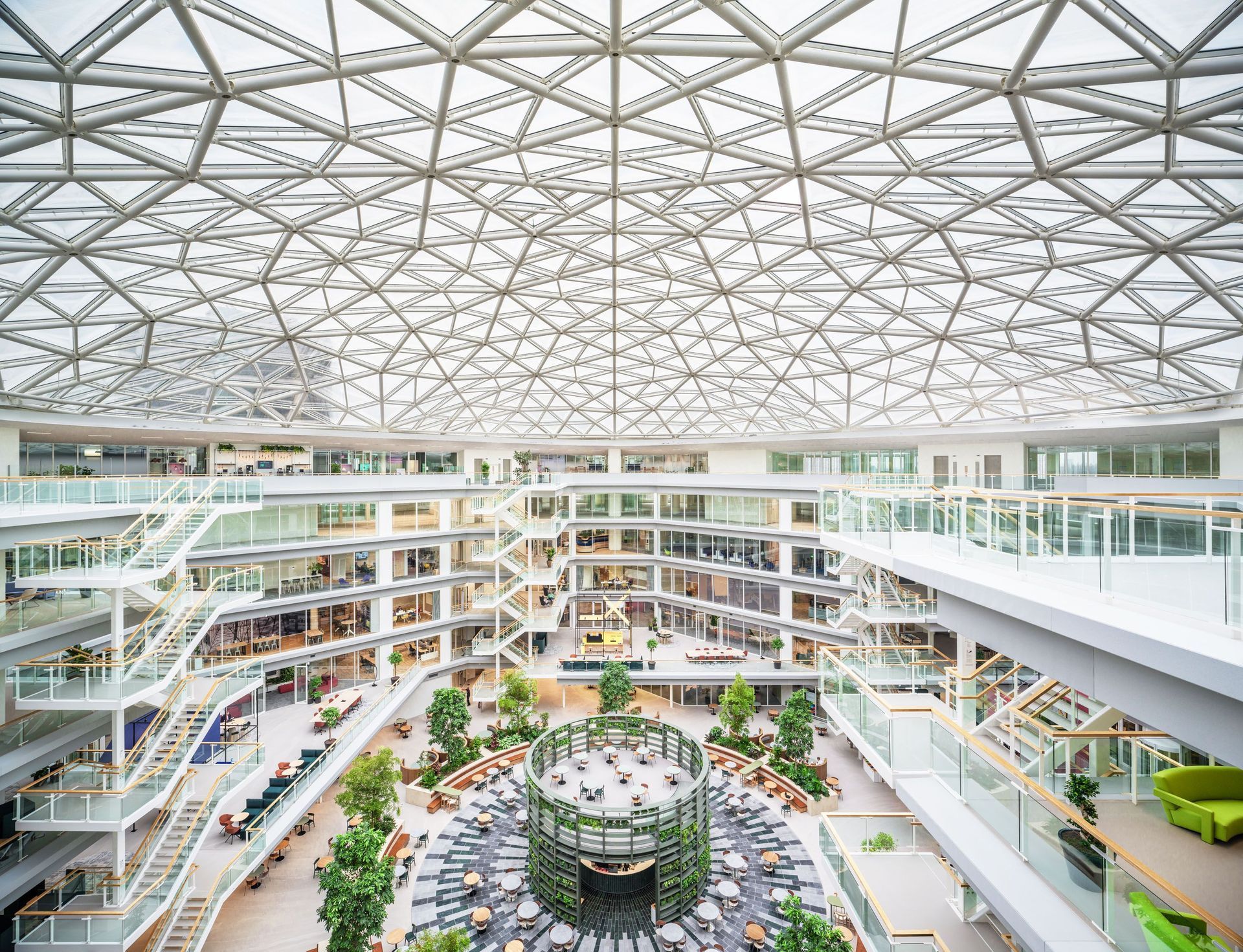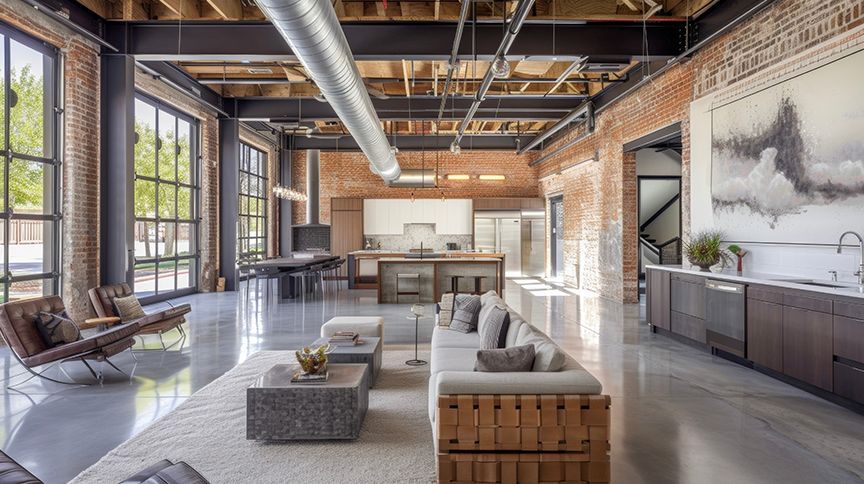Rethinking Home: Do House ExtensionsSettle?
From construction quality to soil conditions and foundation design, several factors influence how stable your extension remains.
The good news? With proper planning, expert craftsmanship, and regular maintenance, you can keep your investment solid for years to come!
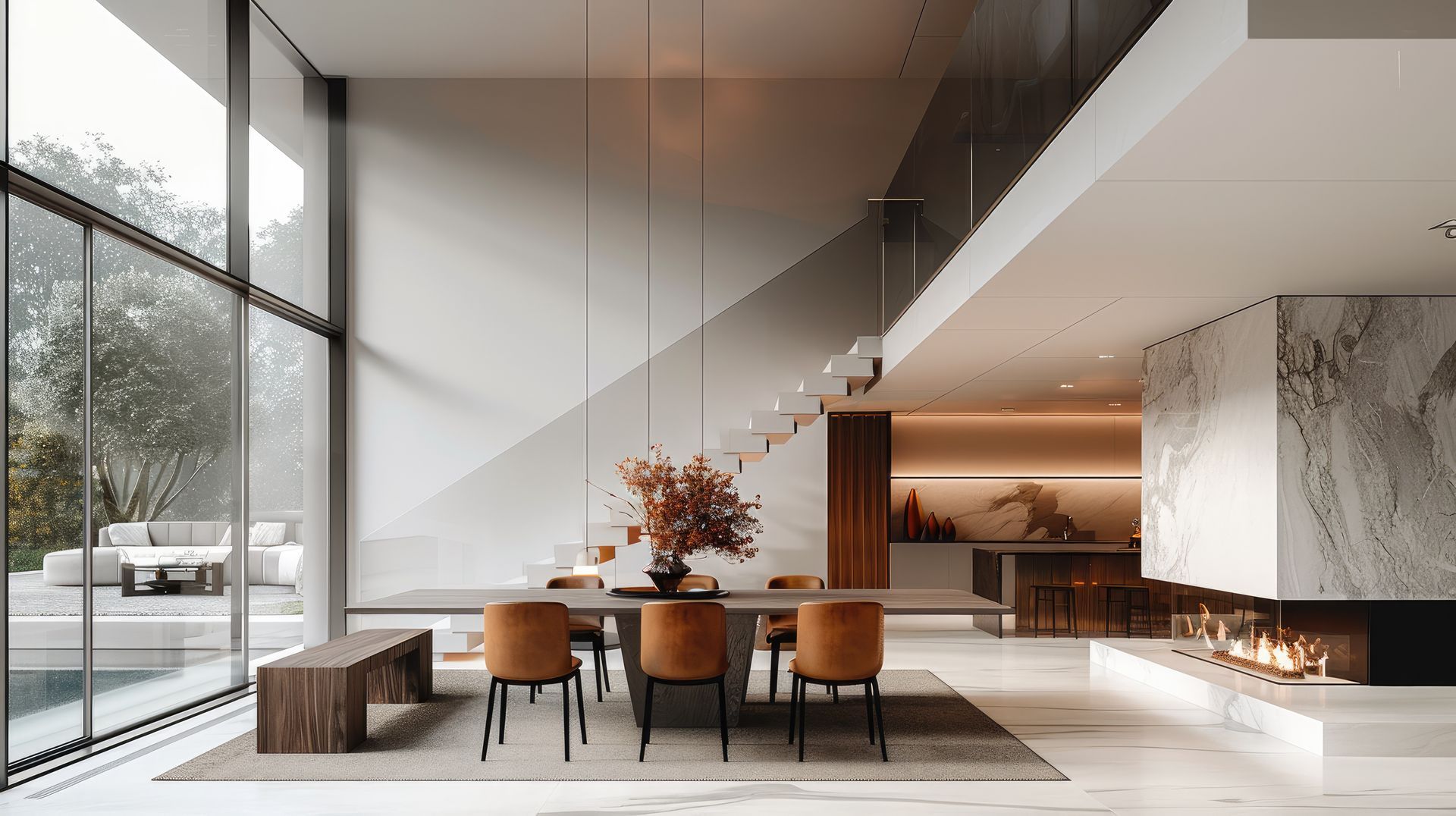
The question of whether house extensions settle is a one we are being asked on a more regular basis, especially for homeowners seeking to maintain the integrity and value of their properties. While house extensions can indeed settle to some extent over time, the degree to which this occurs depends on various factors, including construction methods, soil conditions, and ongoing maintenance efforts. Here's a closer look at the issue:
- Construction Quality: The quality of construction plays a significant role in determining whether house extensions settle over time. Upmarket developments typically prioritise high-quality materials and skilled craftsmanship, which can help minimise the likelihood of settlement issues. Thorough planning, proper foundation design, and meticulous execution are essential for ensuring the structural stability of house extensions.
- Soil Conditions: Soil conditions vary widely depending on location, with some areas more prone to settling than others. Factors such as soil composition, moisture content, and geological features can all influence the stability of a structure. In larger developments, soil testing and site analysis are often conducted to assess potential risks and inform foundation design decisions.
- Foundation Design: The foundation serves as the backbone of any structure and plays a crucial role in mitigating settlement issues. In upmarket developments, engineers may employ advanced foundation design techniques, such as deep pilings or reinforced concrete slabs, to ensure stability and minimise settling. By selecting the appropriate foundation type based on site-specific conditions, developers can enhance the long-term durability of house extensions.
- Ongoing Maintenance: Regular maintenance is essential for preserving the structural integrity of house extensions and addressing any settlement issues that may arise over time. Upmarket developments typically have stringent maintenance protocols in place, including routine inspections, repairs, and structural reinforcements as needed.
By staying proactive and addressing potential issues early on, homeowners can prevent minor settlement problems from escalating into more significant concerns. While house extensions in upmarket developments may experience some settling over time, proactive planning, high-quality construction, and ongoing maintenance efforts can help minimise these effects.
By integrating thorough site analysis, robust foundation design, and diligent upkeep, property owners can ensure that house extensions remain stable and retain their value for years to come in upscale communities.
Want to unlock a whole new world of possibilities! Let talk....https://shorturl.at/9xbtt 😎
